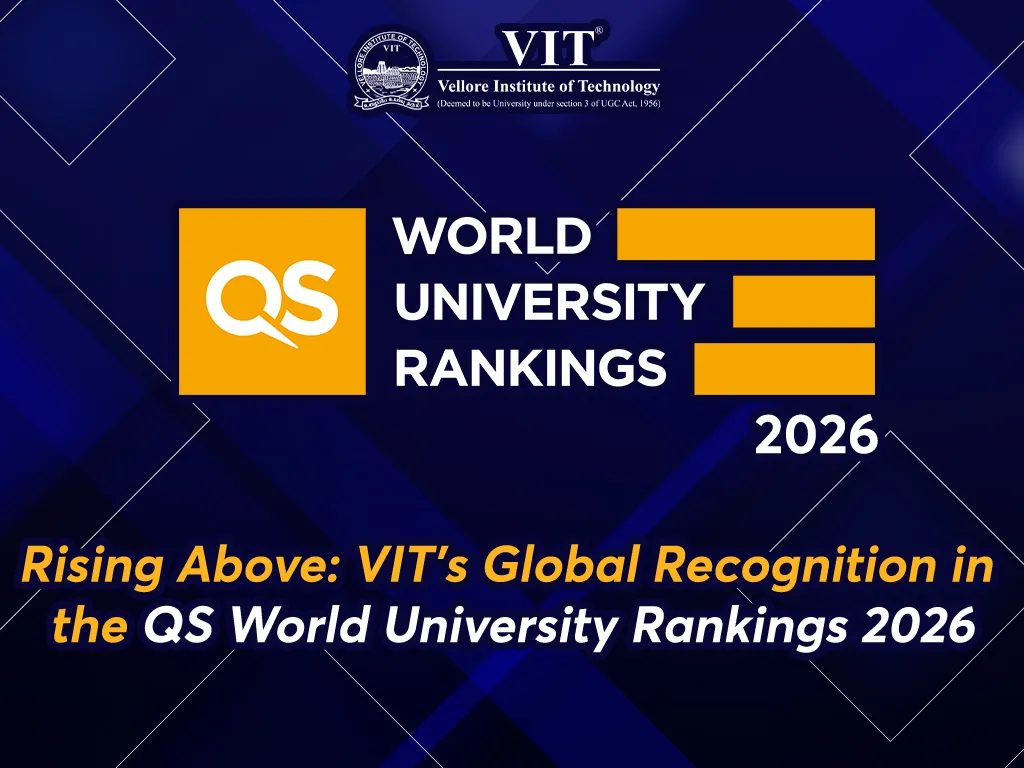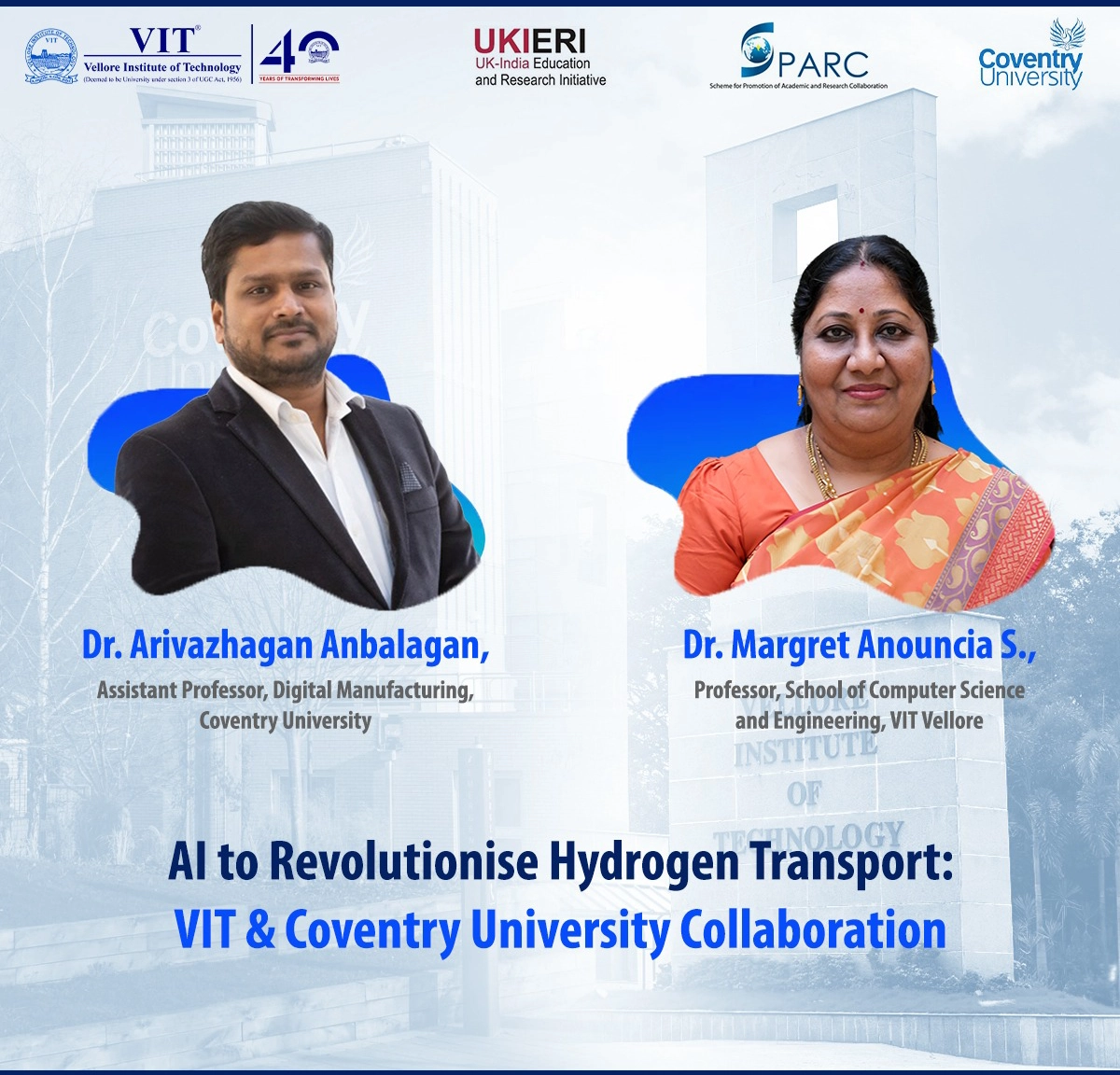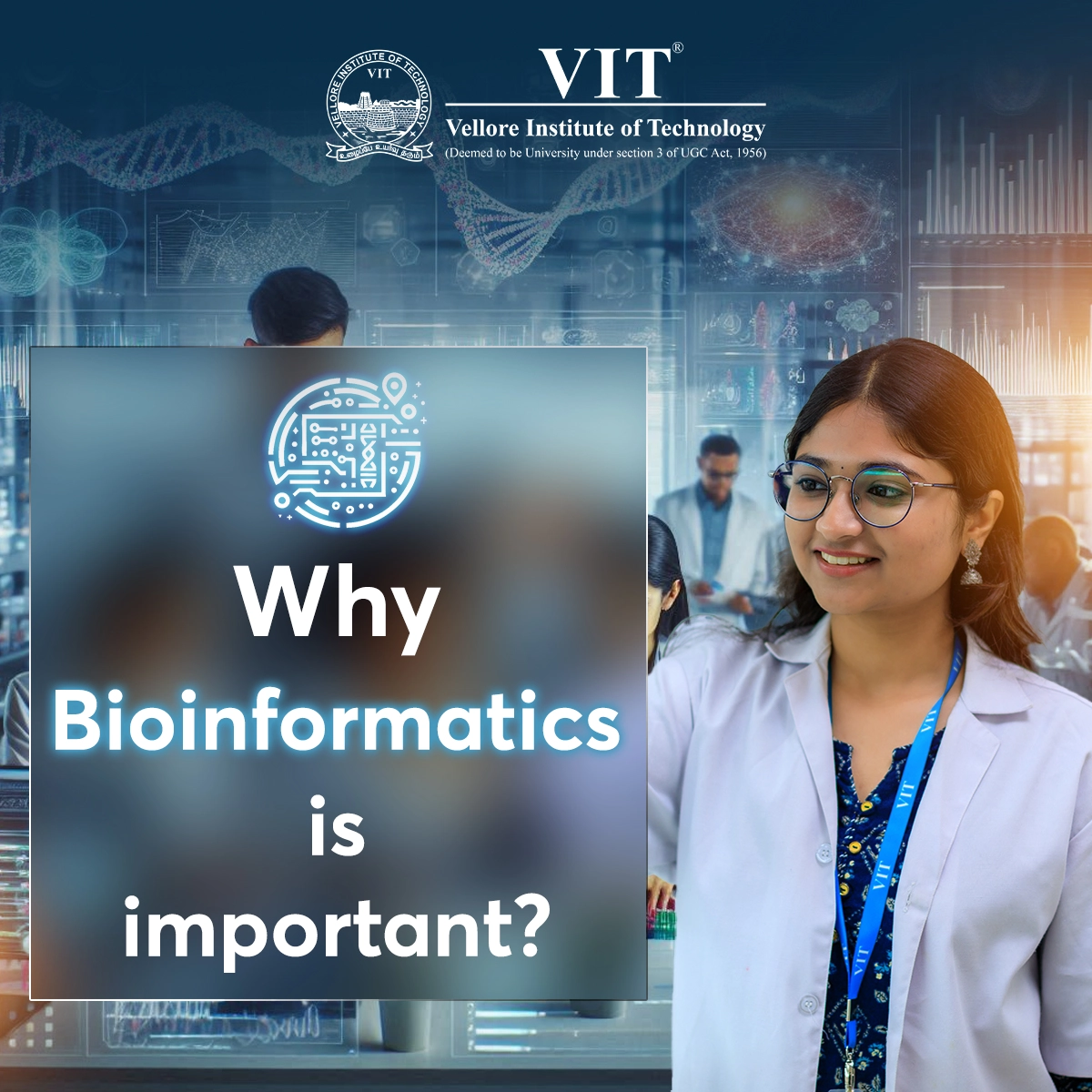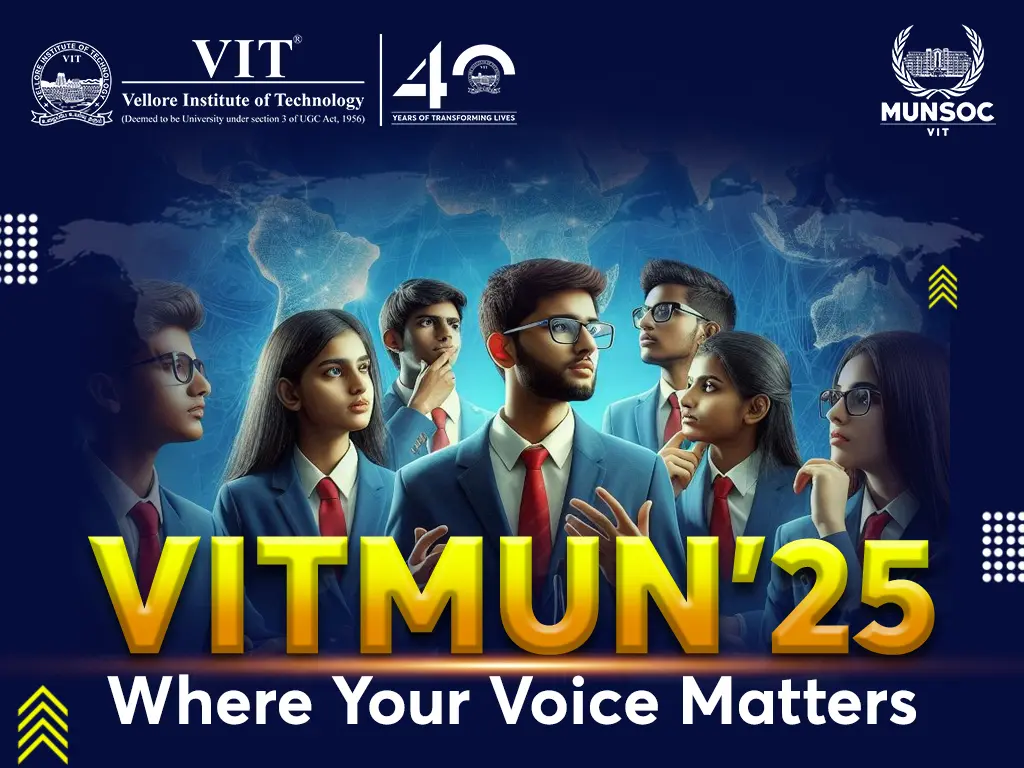AI IN SCRIPTWRITING- HOW CAN THE ASPIRING FILMMAKERS KEEP UP?
AI IN SCRIPTWRITING- HOW CAN THE ASPIRING FILMMAKERS KEEP UP?
The emergence of AI is like the advent of the internet—something that cannot be stopped and will inevitably take over the lives of everyone, regardless of their acceptance or not. Let’s start by discussing how AI has already affected the creative industry.
As we move through 2024, we are seeing films created with the help of, or entirely by, AI being showcased at various film festivals. There are numerous advantages to the industry, such as how AI can enhance audience engagement, streamline film production and post-production, and even assist in the distribution of films.
Of course, there are ethical considerations to address, as AI relies on existing data to generate responses, making it essential to check these outputs as part of the creative process.
A film can take anywhere from six months to several years to be completed and ready for release in cinemas. This makes filmmaking an extremely time-consuming process. How can AI make this process more time-efficient? This is the core discussion of this blog.
Filmmaking students can harness the power of AI and use it to their advantage. Every filmmaker starts with a short film, and a short film can make or break a filmmaker’s skill set. One of the biggest challenges for first-time filmmakers is the scriptwriting process. Often, they have extraordinary ideas but struggle to express them effectively, leading them to search for script writers who can bring their visions to life. This is not always ideal, especially for first-time filmmakers who often lack the budget for such a process. Here is where AI plays a pivotal role: it can help them visualize their ideas in words and, ultimately, bring those ideas to the big screen.
At the heart of a good film lies a strong script, and AI can be instrumental in the process of script analysis and development. By leveraging AI, the entire process becomes more resourceful and time-efficient. Aspiring filmmakers can use AI at various stages of script development, including:
1. Plot Identification: AI analyzes themes, genres, and storytelling patterns to suggest unique and coherent plot structures, helping writers craft engaging narratives.
2. Character Introduction: AI assists in creating balanced character profiles by generating detailed backstories, traits, and motivations that align with the plot, ensuring well-rounded and relatable characters.
3. Character Growth: Through predictive analysis, AI can track a character’s journey and suggest logical, impactful arcs that resonate emotionally with the audience.
4. Conflict Progression: AI models potential conflict scenarios, ensuring escalating tension and stakes, while offering innovative resolutions that maintain narrative consistency.
By integrating AI at these stages, filmmakers and scriptwriters can optimize both creativity and efficiency. At the end of the day AI cannot create something out of absolutely nothing, your ideas are what the algorithm develops and enhances to give an appropriate response.
VIT’s School of Media Arts and Technology (VSMART) offers B.Sc programs in Multimedia & Animation and Visual Communication, crafted to inspire and train the next generation of media professionals. These programs seamlessly blend artistic creativity with technological innovation, covering areas such as animation and cinematography. Students benefit from state-of-the-art facilities, including an advanced audio production lab and a green matte studio equipped with cutting-edge tools. With a comprehensive interdisciplinary curriculum, graduates are prepared to excel in the ever-evolving fields of media, entertainment, animation, and communication.
For more details visit https://vit.ac.in/schools/vsmart.






